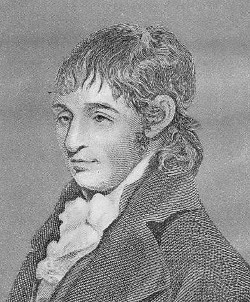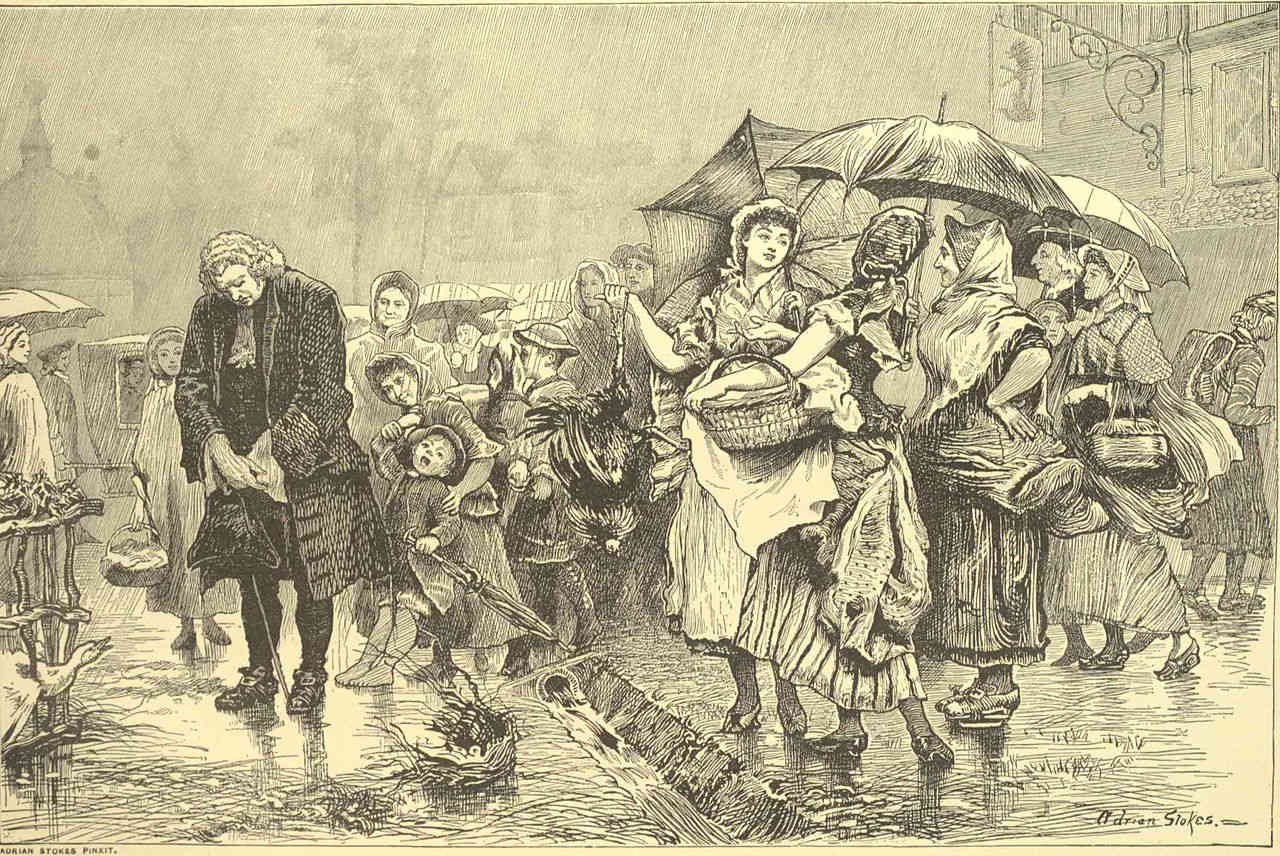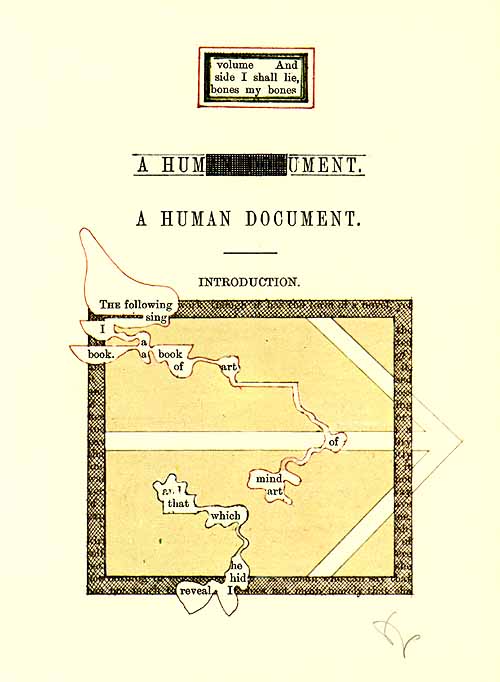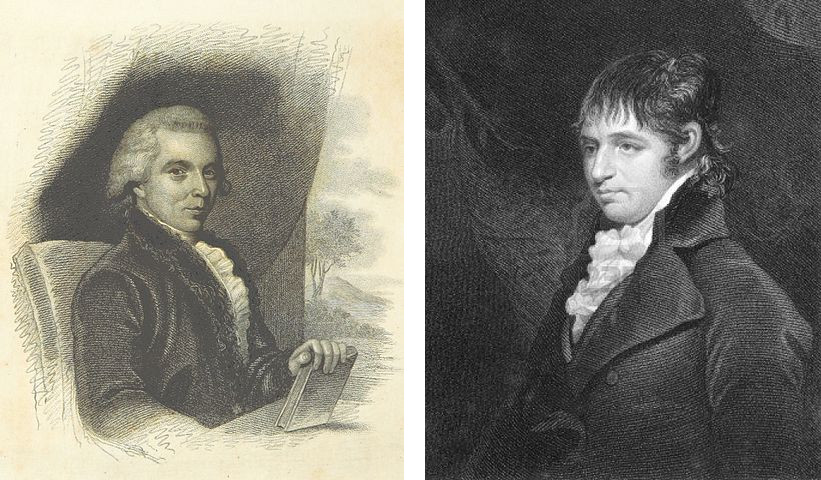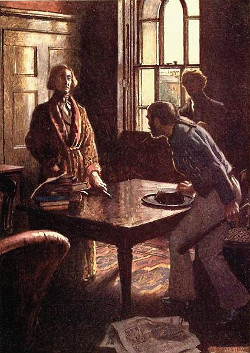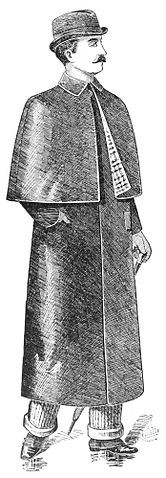
In James Joyce’s Ulysses, as Bloom attends Dignam’s funeral, an odd thought passes through his mind: “Now who is that lankylooking galoot over there in the macintosh? Now who is he I’d like to know? Now, I’d give a trifle to know who he is. Always someone turns up you never dreamt of.” The interloper’s presence seems significant: “Mr Bloom stood far back, his hat in his hand, counting the bared heads. Twelve. I’m thirteen. No. The chap in the macintosh is thirteen. Death’s number. Where the deuce did he pop out of? He wasn’t in the chapel, that I’ll swear. Silly superstition that about thirteen.”
He turns up again later: “In Lower Mount street a pedestrian in a brown macintosh, eating dry bread, passed swiftly and unscathed across the viceroy’s path.”
And still later: “A man in a brown macintosh springs up through a trapdoor.”
Altogether the mysterious man is mentioned 11 times in the novel. In the Cyclops episode we’re told, “The man in the brown macintosh loves a lady who is dead,” and in Ithaca, a catechism of questions and answers, we’re asked, “What selfinvolved enigma did Bloom risen, going, gathering multicoloured multiform multitudinous garments, voluntarily apprehending, not comprehend? Who was M’Intosh?”
The question has never been answered definitively. But in his Cornell University lectures on Ulysses, Vladimir Nabokov suggested that the “chap in the macintosh” is none other than James Joyce himself. In the library episode, “Scylla and Charybdis,” Stephen Dedalus explains that Shakespeare “has hidden his own name, a fair name, William, in the plays, a super here, a clown there, as a painter of old Italy set his face in a dark corner of his canvas.” This “is exactly what Joyce has done — setting his face in a dark corner of his canvas. The Man in the Brown Macintosh who passes through the dream of the book is no other than the author himself. Bloom glimpses his maker!”

